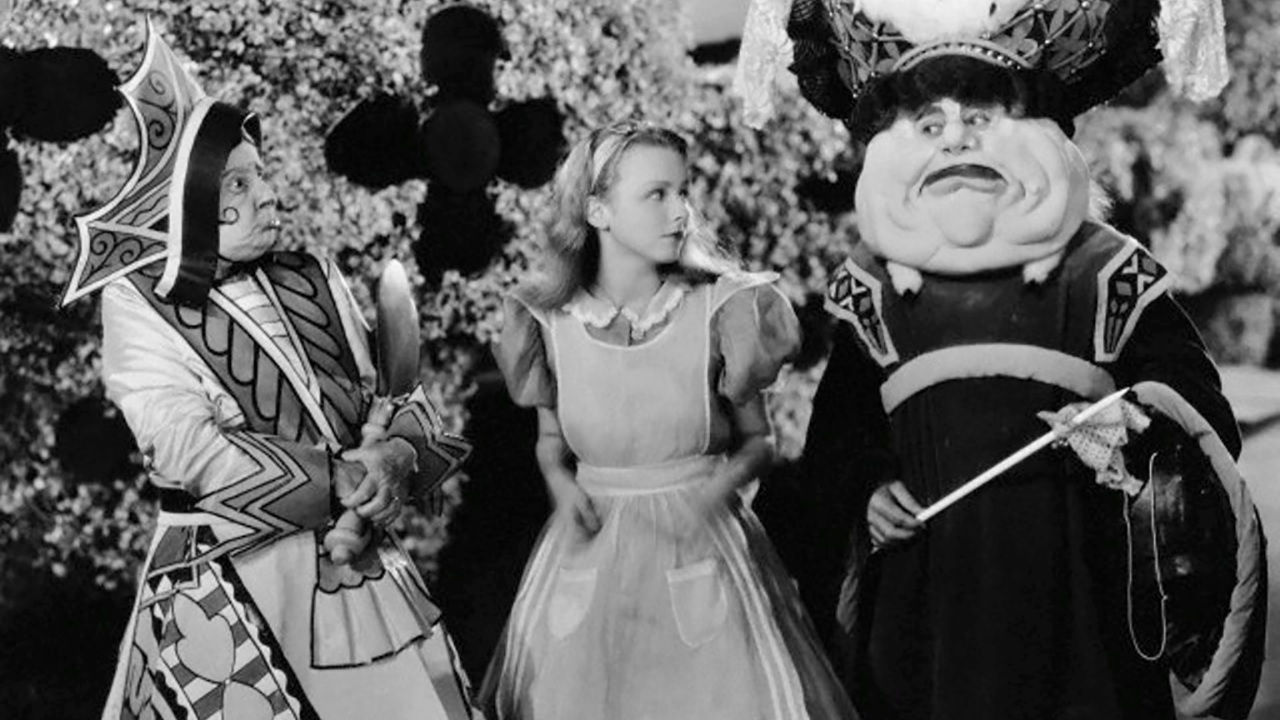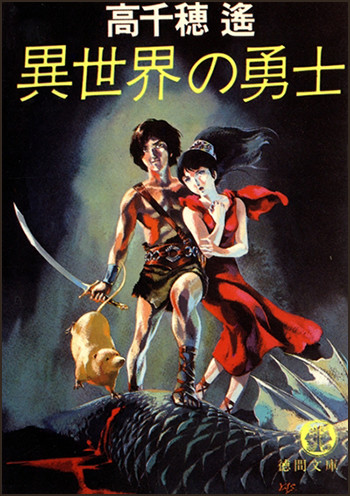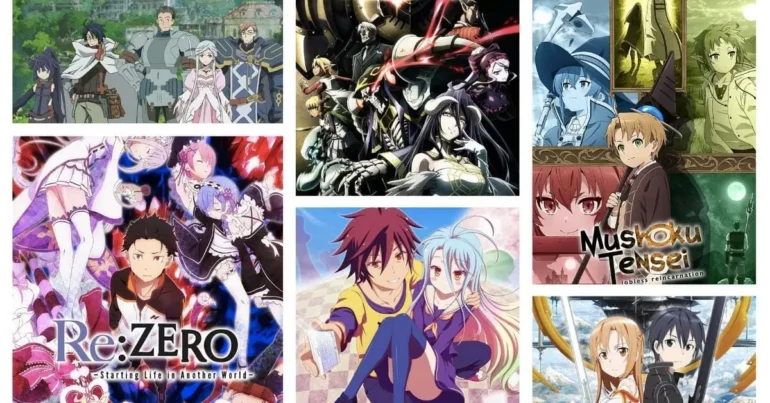If you are a fan of Japanese entertainment, then I am sure you have heard the word ‘Isekai’ thrown around plenty of times. But what is Isekai? Where did it come from? How did it become so prominent, and is it here to stay?
Isekai is defined in English as ‘a different world’, or ‘other world’. The genre follows a similar pattern throughout, a formula that is tried and true, and goes as follows.
The protagonist goes through a troubled life on Earth, experiencing trials and tribulations that are not in their favor. Eventually, through what some would say is immaculate conception, the protagonist finds themselves born again in a fantasy world in which they are typically given a handicap, or incentive to help their journey through the unknown. They are sometimes assigned a quest on arrival, or they have to find a purpose for their existence on their own.
If you’ve watched one Isekai anime, then chances are you’ve seen all of them. Although they all deviate slightly from the known formula, they all share a common goal, experiencing a different reality than what they are used to. The outcomes are almost overwhelmingly positive, but that does not take away from the trials that our characters face in real-time.

How did the genre come to be?
Isekai stories have been a concept in Japanese history for a long time. In ancient Japanese folk tales, the idea of being transported to another era or place was not uncommon. But as time went on, the concept reappeared in both Japanese and American media.
An example of American isekais is Alice and Wonderland, or the Wizard of Oz.

The Isekai concept took over Japanese animation over a millennium later.
Shows like Sword Art Online, RE: Zero, Rise of the Shield Hero, and more, have helped revive the genre entirely. It has now become a major staple of Japanese storytelling due to the unlimited amount of story potential the genre presents.
Since the list of Isekais’ is very long, some will say that the genre is oversaturated. But what trope in entertainment has not been milked relentlessly? Perhaps we should focus our attention on other repetitive story elements, like school life, beach episodes, and unnecessary fan service. Or any shows that use evil demons as the antagonist, overpowered Shonen protagonists, and more.
Every genre is repetitive in one way or another, but spinning the premise in a different direction can make it a whole new story altogether. Once the initial premise has been set, the story can go through many changes and routes to differentiate itself from the competition.
After all, as long as there is a story, there is an opportunity to tell something phenomenal to a whole new group of people.



